(NB&CL) In an era shaped by rapid globalization and shifting power dynamics, the BRICS bloc – comprising Brazil, Russia, India, China and South Africa – has emerged as a major force on the international stage. With its ever-expanding membership, BRICS is no longer just an economic bloc but is becoming the main “architect” of a new world order, challenging the long-standing dominance of Western powers.
The attraction of BRICS
There is no denying the tremendous changes the world has undergone. From a primitive unipolar world order based on superpower hegemony, the world has gradually shifted to a different coordinate system in a smooth and progressive manner. BRICS has become the embodiment of the spirit of the times, constantly promoting multilateralism, inclusiveness and mutual assistance.
BRICS currently includes two permanent members of the United Nations Security Council (Russia, China), three nuclear powers (Russia, China, India) and four countries in the list of the world's leading economies, such as Russia, China, India and Brazil. And if we look more broadly, the new countries joining BRICS or the BRICS+ cooperation mechanism, the number of strong economies participating in this cooperation mechanism is much larger.
According to political analysts, the expansion of BRICS with new members from major energy exporters such as Saudi Arabia, the UAE and Iran has contributed to the enhancement of BRICS as an energy and financial association. Countries such as Russia, China and Iran have more motivation to develop new alternative monetary systems, “de-dollarization” to minimize the impact of harsh Western sanctions.
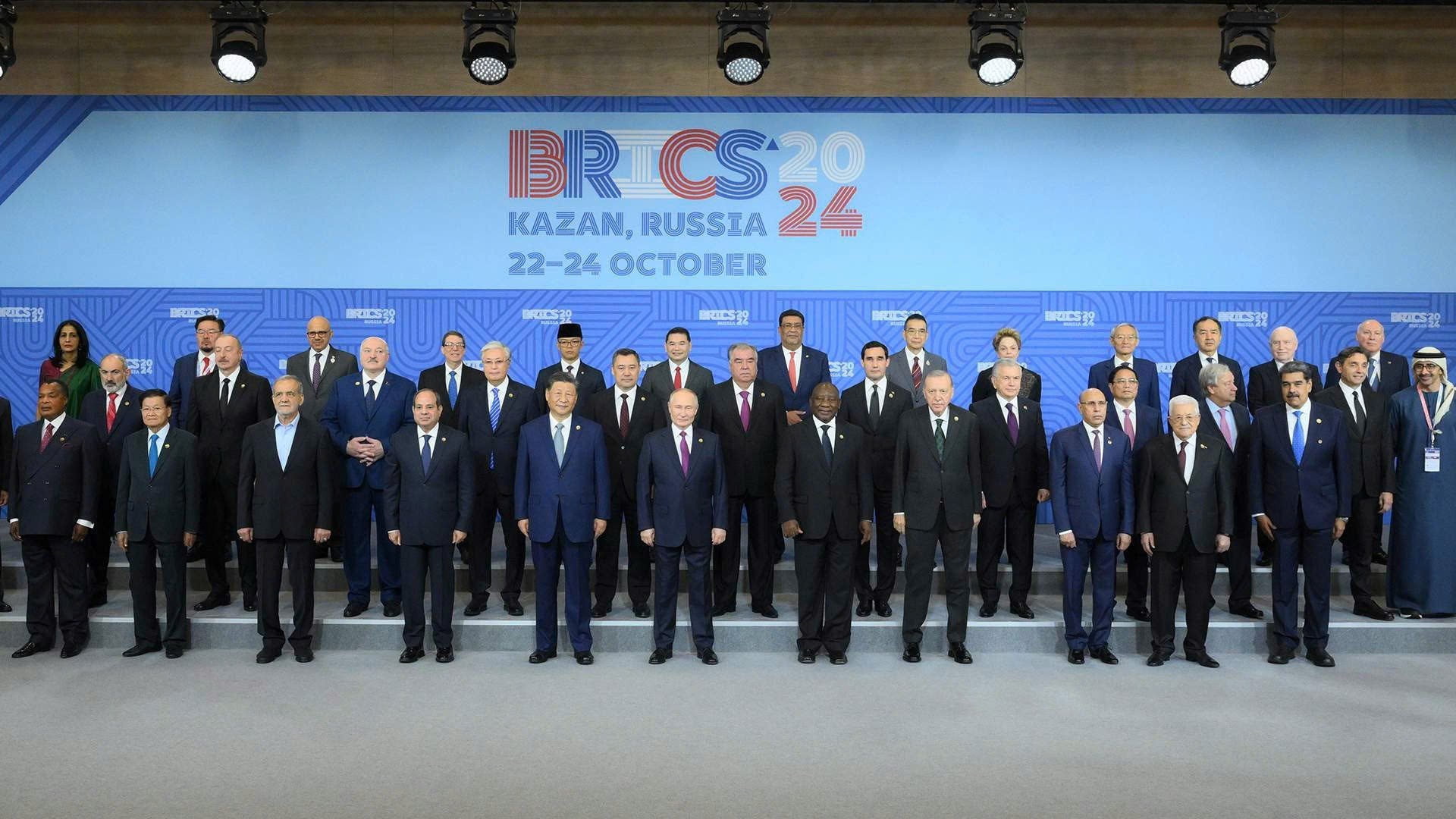
Leaders of countries attending the BRICS Summit in Kazan, Russia. Photo: Izvestia
The inclusion of energy powers in BRICS could also help develop new markets for energy commodities, including crude oil and gas. At a summit with Chinese President Xi Jinping on May 16, Russian President Putin said that the share of rubles and yuan in Russia-China trade has exceeded 90% and is still growing.
Dr. Alexander Korolev, Department of World Political Economy, Higher School of Economics (HSE), believes that BRICS is increasingly attractive as a multilateral international cooperation organization, representing the voice of the countries of the Southern Hemisphere, promoting a multipolar world order. This is demonstrated through the following aspects:
First, the BRICS Summit in Kazan, Russia, in late October 2024 clearly highlights the position of BRICS as one of the few places where countries with very different foreign policy perspectives, spheres of influence, and diplomatic ambitions can come together to create peace and stability in the world. Although there are also voices criticizing BRICS for its “forum” format, the opportunity for dozens of countries to gather in one place and engage in direct, behind-the-scenes dialogue on the issues that matter most to them should still be seen as a valuable resource and a remedy for further degradation of an already highly divided and conflicted international relations structure.
Second, the informality and diverse agenda of BRICS allows most participating countries to contribute their voices and lobby for various initiatives. Russia is seen as a “bridge” promoting a multipolar world by offering alternative financial mechanisms, initiating the establishment of trading floors (for investment, grain, diamonds and precious metals) and trying to reconcile Armenia and Azerbaijan by bringing the leaders of the two countries to the negotiating table.
Third, perhaps no document adopted before in international forums has been so full of formulas and calls for improving the global governance system and building a more balanced multipolar world order in various forms. In particular, the international community has paid attention to the call for reforming the UN Security Council and expanding the list of permanent members by adding countries from Africa, Latin America and Asia.
Fourth, BRICS actively engages in “hot spots” to promote world peace. The participating countries condemn Israel’s military campaign in the Gaza Strip, call for an immediate ceasefire, and emphasize the need to recognize the State of Palestine as a full member of the United Nations. BRICS also pays attention to other regional issues, although they have less resonance than the conflicts in the Middle East, such as the humanitarian crisis in Sudan and the unrest in Haiti.
Contrast picture
The attraction of BRICS in particular, or the ever-increasing role of the Global South in general, has deepened the decline of Western countries, or the rise of the “non-Western” wave. This is characterized by the decline of Western countries’ influence and lack of cohesion, especially in the current complex global political and security context. The Ukraine issue has exposed the West’s growing cracks and divisions, from military aid packages to Ukraine, to its approach to resolving the conflict with Russia.
Clearly, the new world order is undergoing rapid changes in which the old multilateralism seems to be inadequate. Evidence of this can be seen in the inability of the United Nations to solve virtually any problem. An alternative to this is cooperation not at the global level but at the local level. This means that many small groups of countries interact with each other to solve problems or achieve a particular goal.
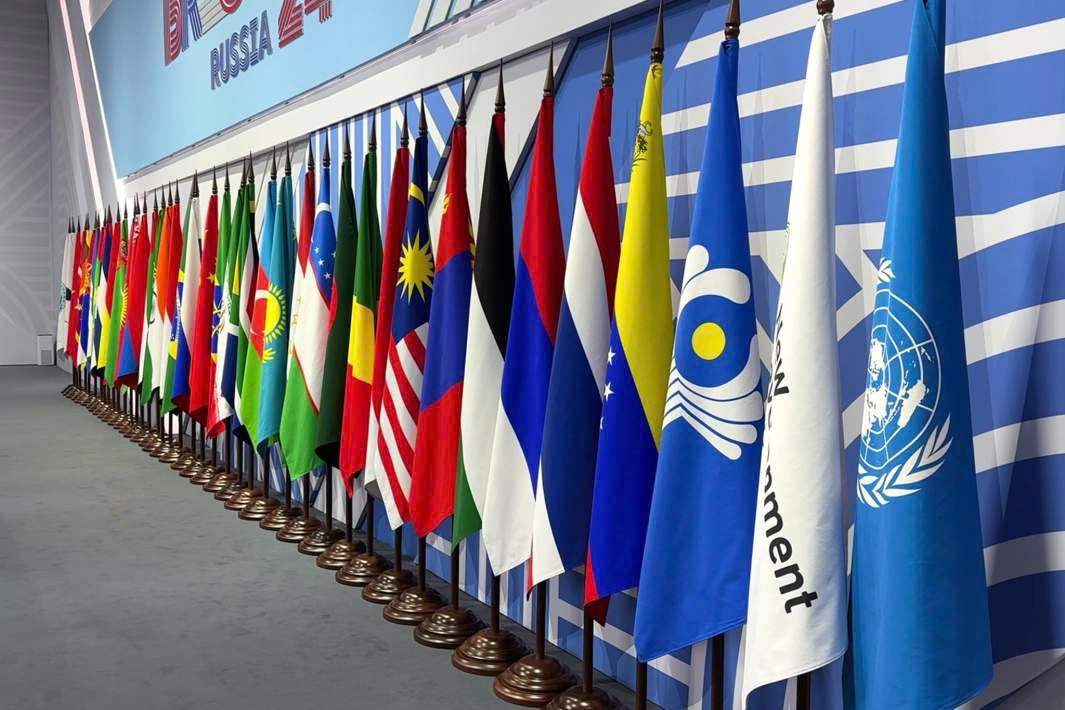
More and more countries are interested in joining BRICS. Photo: Izvestia
The world is facing many global and transnational threats. These can range from non-traditional security issues, such as pandemics (such as Covid-19), climate change, cyber security, to traditional security issues, such as military conflicts, terrorism. Global challenges require coordinated action by the international community. Today, no country can deal with security challenges on its own, and therefore they will have to strengthen international cooperation. The current global order may still be dominated by the West, however, developing countries have been forming alliances based on justice and the rule of law.
Ha Anh
Source: https://www.congluan.vn/brics-kien-truc-su-chinh-cho-mot-trat-tu-the-gioi-moi-post331232.html





![[Photo] Prime Minister Pham Minh Chinh works with the Standing Committee of Thai Binh Provincial Party Committee](https://vphoto.vietnam.vn/thumb/1200x675/vietnam/resource/IMAGE/2025/5/12/f514ab990c544e05a446f77bba59c7d1)

![[Photo] Prime Minister Pham Minh Chinh receives Swedish Minister of International Development Cooperation and Foreign Trade](https://vphoto.vietnam.vn/thumb/1200x675/vietnam/resource/IMAGE/2025/5/12/ae50d0bb57584fd1bbe1cd77d9ad6d97)
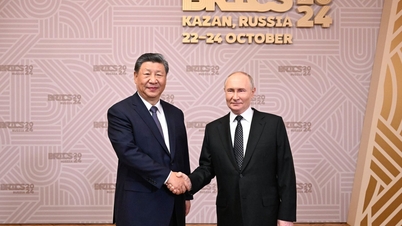

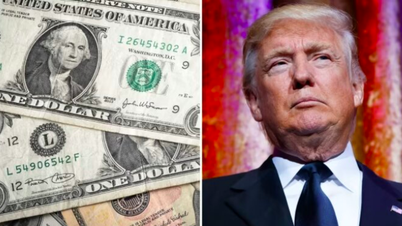

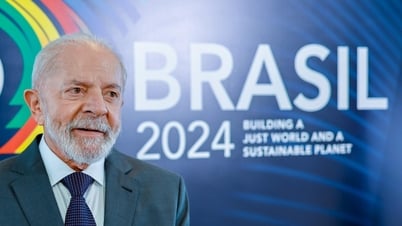
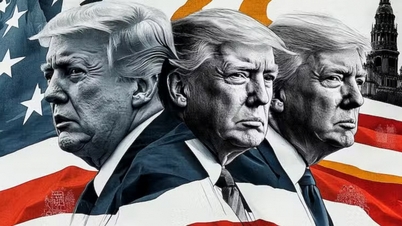
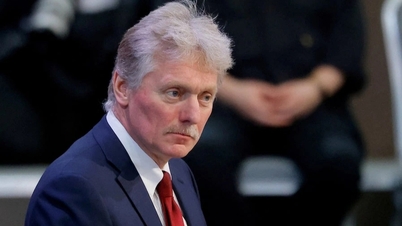

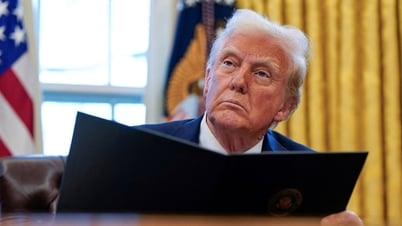

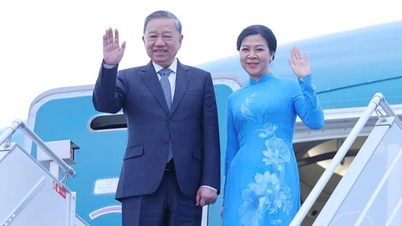

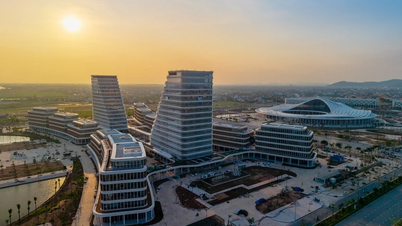


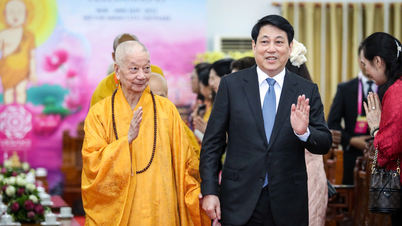












































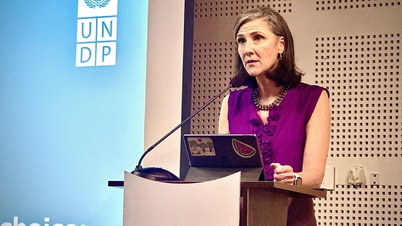

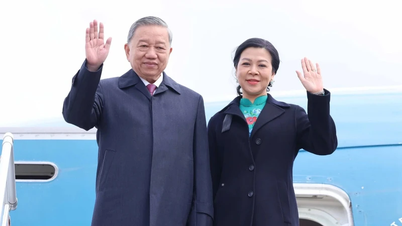
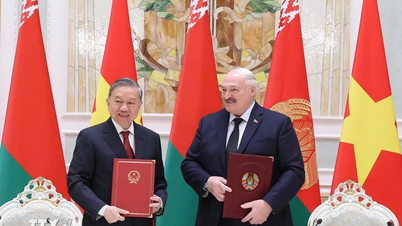





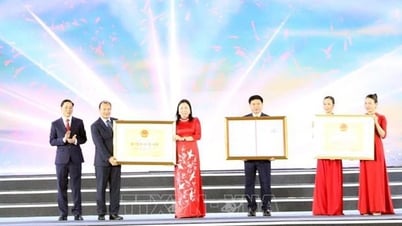
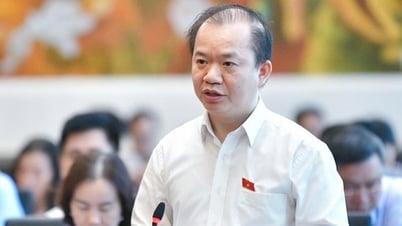
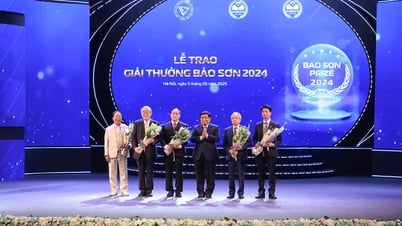























Comment (0)